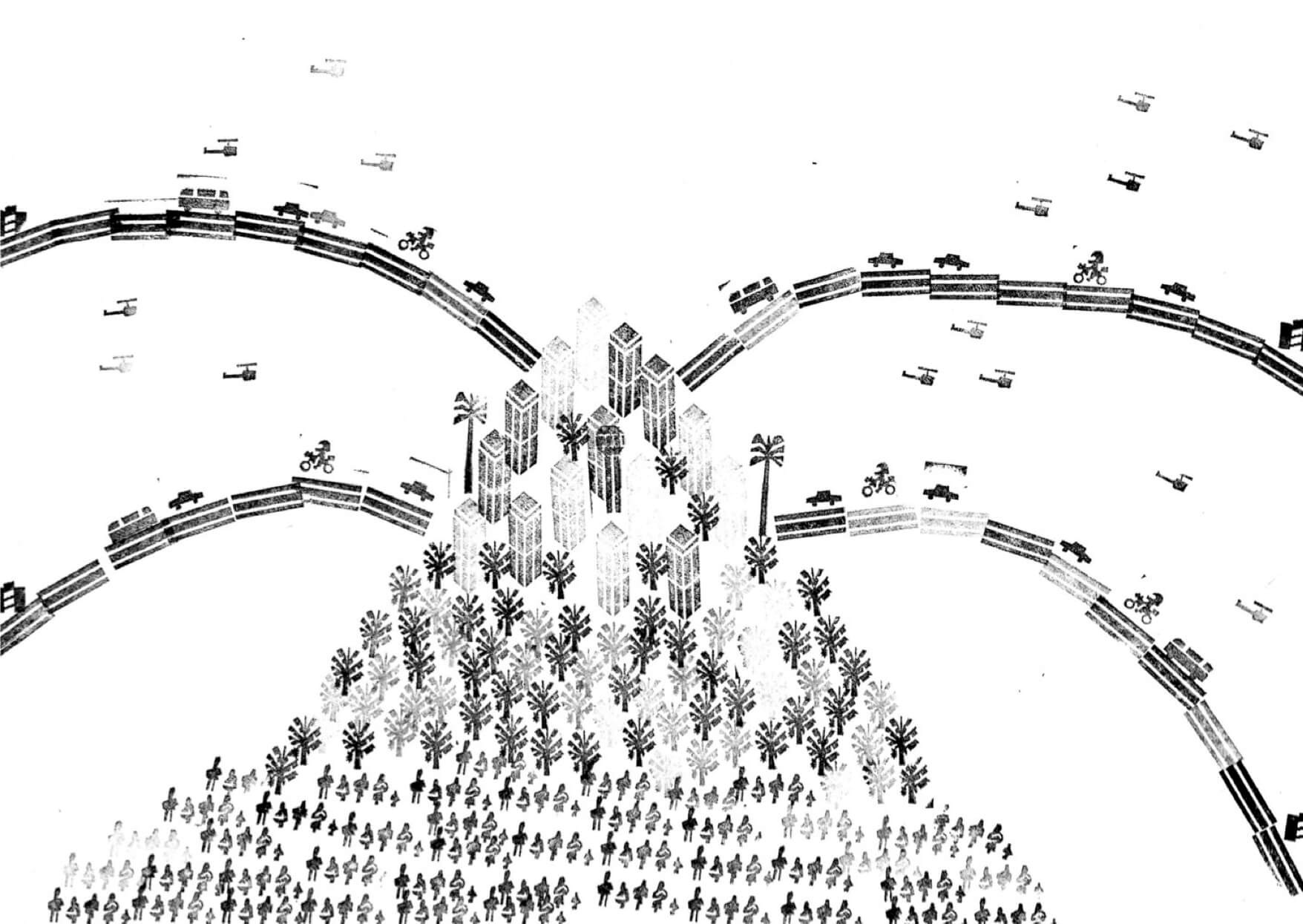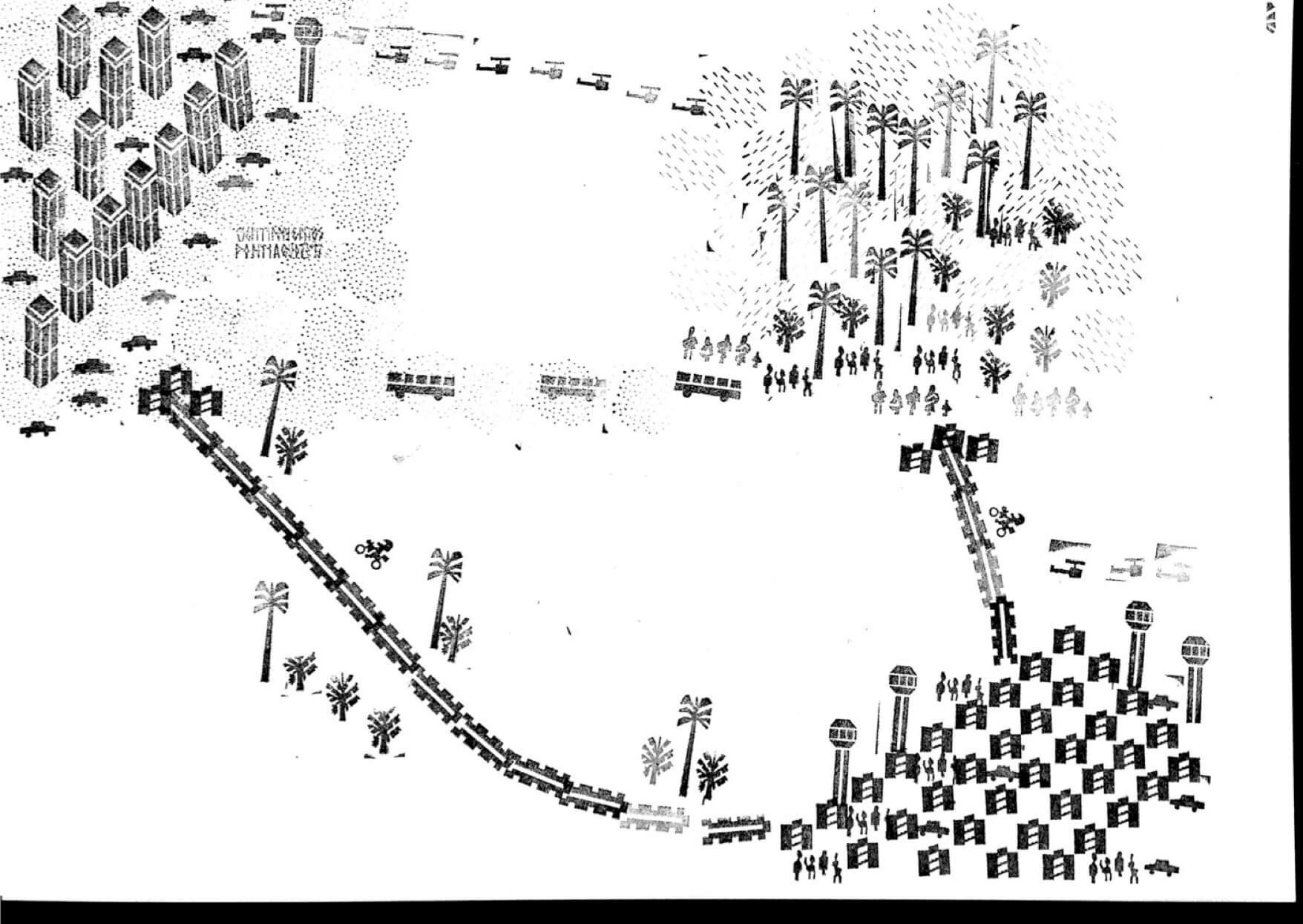I have been involved with cultural diversity work, one way or another, since I first arrived in Europe from Jamaica in 1951. My arrival was more or less coterminous with the onset of those post-war migrations which initiated the contemporary history of, triggered the debate about the ‘cultural diversity’ idea. They marked the formation of new diasporas at the heart of European historic towns and cities, posing deep questions about cultural homogeneity and heterogeneity long before the term ‘cultural diversity’ was first coined. It is worth reminding you that I came to Europe as a colonial subject and, as such, was the product of a much longer ‘encounter’ between Europe and its ‘others’ around the world – though ‘encounter’ may be too euphemistic a way of describing that long and troubled history. The post-war migrations are rightly seen as initiating a new phase in the conversation about the inter-face between cultural traditions.

There is a strongly-held view that the inter-mingling with different cultures will inevitably weaken and ruin our own. We are therefore tempted to represent our own cultures as more homogenous than in fact they are. We often feel impelled to retreat from the difficulties of dialogue by withdrawing, defensively, into the safe fortresses of our own cultures in the face of the challenge of difference. In our post-9/ll world, difference – with its threat of the unknown, the unfamiliar and its danger of separate but parallel worlds – has come to be seen as dangerous and threatening. It has become fashionable in Britain to say that ‘multiculturalism is dead’ – and that 9/ll et cetera killed it off.
In the face of this, one strategy is to return to our ‘roots’ [ROOTS] which seem to provide the guarantee of our identities back to the mists – if not the myths – of time, and the sources of social cohesion. But one of the difficult truths which migrants learn, and which may carry a metaphorical lesson for us all, is that, in truth, we can’t ‘go home again’. The past is not waiting for us, back there, unchanged, as a place of comfort and solace. The past is being transformed before our very eyes and some are being deeply unhinged, by the forces of contemporary globalization. It has, therefore, become imperative to think more about our ‘routes’ [ROUTES] – that is to say, the very different pathways which different cultures, peoples, traditions, languages and religions have taken to the present; which have brought us into, and convened us – some would say conscripted us all – to the same spaces and times in an increasingly globalised world.
It is worth reminding you that I came to Europe as a colonial subject and, as such, was the product of a much longer ‘encounter’ between Europe and its ‘others’ around the world – though ‘encounter’ may be too euphemistic a way of describing that long and troubled history.
Cultural difference is not about to disappear. It is not a temporary, little local difficulty which a dollop of goodwill on all sides will dissolve. It is a difficult – and a hard – task-master. This is because it is the product of what we must call the ‘combined and uneven character’ of globalization, which is a deeply contradictory and unequal process: creating the dim and remote hope of greater universalism and integration on one side, while on the other side its lived realities arise from the paces and stages of development, the deep and apparently ineradicable chasms between rich and poor, the powerful and the powerless, the replete and the hungry, the healthy and the sick, the blessed and the damned of the earth.
The only alternative, the necessary strategy we have, is to recognize and learn to value difference despite its difficulties; to learn through practice, through trial and error, how, slowly and sometimes painfully, to negotiate difference. We need to conduct those life experiments which create the conditions in which difference can ‘play’ creatively across the traditional cultural categories; how, in short, to live with difference so as to make it into a creative rather than a destructive force. Whatever you think of Salman Rushdie, I think he was correct to say that the inter-mingling of cultures, the ‘transformation that come from new and unexpected combinations of human beings, cultures ideas, politics, movies, songs’ is one of the principal ways in which, historically, ‘newness enters the world.’

Cultural diversity is the name we give to a certain kind of ‘learning’, which gives us insight into the inner landscapes of how other people live their lives, how they experience and dream their worlds; how they cope with the broken hopes and possibilities of making a new life in a strange land; how they try to resolve the contradictory realities of belongingness; and how they, in turn – disturbingly – see into ours. It teaches us how to express, to find significant form, whatever the medium, for our innermost thoughts, feelings and desires. Learning through culture and the arts works by indirection. It is the slow, mutual, dialogic unfolding of reciprocal understanding. It ‘teaches’ us in ways which pure information, knowledge of the rational and logical kind, cannot supply. It constitutes in practice that acknowledgement of our radical dependence on ‘the other’; on ‘the other’ who completes us, who is our ‘constitutive outside’; on what Jacques Lacan called that radically de-centring experience of seeing ourselves ‘from the place of the other’. It may stop us from projecting our fears and anxieties – the ‘bad’ parts of ourselves – into ‘the other’. This is a kind of ‘knowledge’ which teaches us how to listen and look, to learn through listening and looking, and vice versa. It learns through the body, as well as the mind and the intellect. Its terrain is that of the imagination.
‘It’s not worth keeping an institution alive for one minute more after it ceases to open a space that makes certain possibilities possible.’
This is a matter for cultures and societies as a whole. But cultural institutions have a special role to play in the process. However, they often remain embedded in older institutional cultures, connected to traditional artistic elites and to existing political frameworks; or they have become enmeshed in the ‘spectacle’ of the festivals and biennales, which represent global difference as a sort of simulacrum, a ventriloquising, of diversity, driven mainly by the global market. Can they really open, or be made to open, themselves to the radical project of learning to live with difference, to the emerging possibilities of a diverse, pluri-centred cultural world? Or are they likely to remain part of the problem rather than part of the solution?
I have spent some time institution-building for cultural diversity. Not because I have any special skill in this area, but because, without institutions, creative efforts, like the rainbow, come and go, often leaving no trace behind’; or alternatively they become ort becoming monuments to themselves. To repeat a sentiment I recently expressed on the occasion of the opening of Rivington Place, the building dedicated to cultural diversity in the visual arts which we opened last October in Shoreditch, London: ‘It’s not worth keeping an institution alive for one minute more after it ceases to open a space that makes certain possibilities possible.’ Otherwise, institution-building is simply a drag – as well as being a drag on history.
***
I want to take this opportunity to express my deep gratitude to Her Royal Highness, Princess Margriet, to the European Cultural Foundation and to the Dutch Ministries of Culture and Foreign Affairs for initiating this award; and for doing me the great honour of making me a joint laureate (with Jérôme Bel and Pichet Klunchun) in the first year of its award. I am particularly pleased to receive the award from Princess Margriet who, in her presidency of the Foundation, has done so much to promote the cause of cultural diversity; and I am especially delighted to be one of its recipients in 2008, the European Year of Intercultural Dialogue.
This text is a transcript of the laudation speech that Stuart Hall gave on 9 December 2008 in Brussels, after having received the 2008 ECF Princess Margriet Award for Culture. In 2018 the transcript was published in Courageous Citizens, published on occasion of the 10th anniversary of the ECF Princess Margriet Award for Culture (PMA).
![Political Critique [DISCONTINUED]](https://politicalcritique.org/wp-content/uploads/2015/09/Political-Critique-LOGO.png)
![Political Critique [DISCONTINUED]](https://politicalcritique.org/wp-content/uploads/2015/09/Political-Critique-LOGO-2.png)